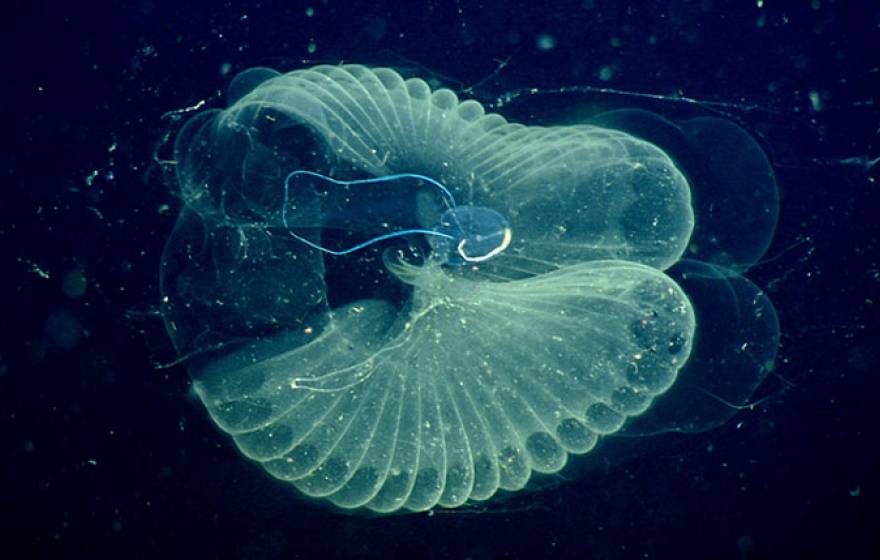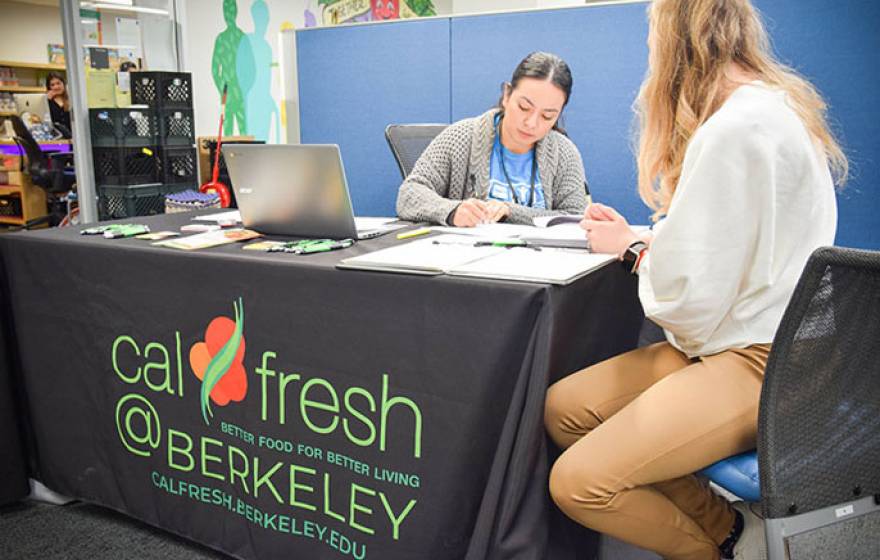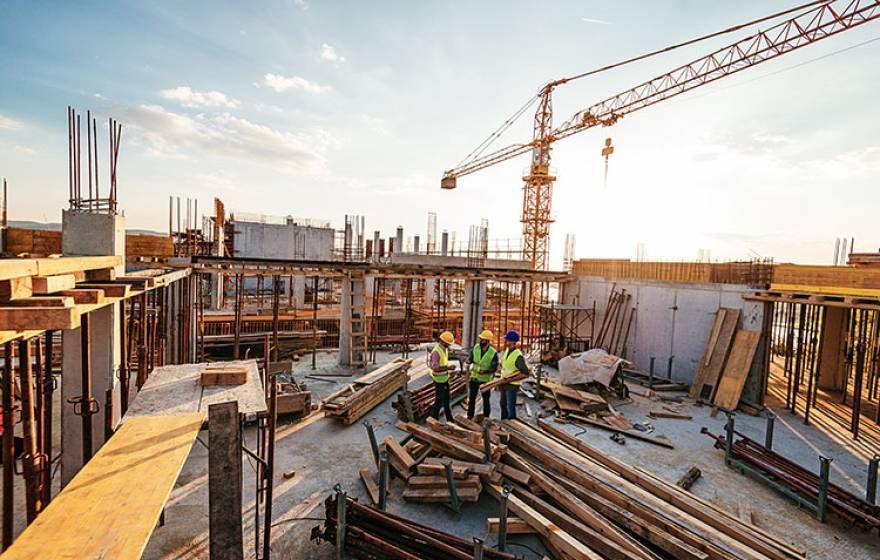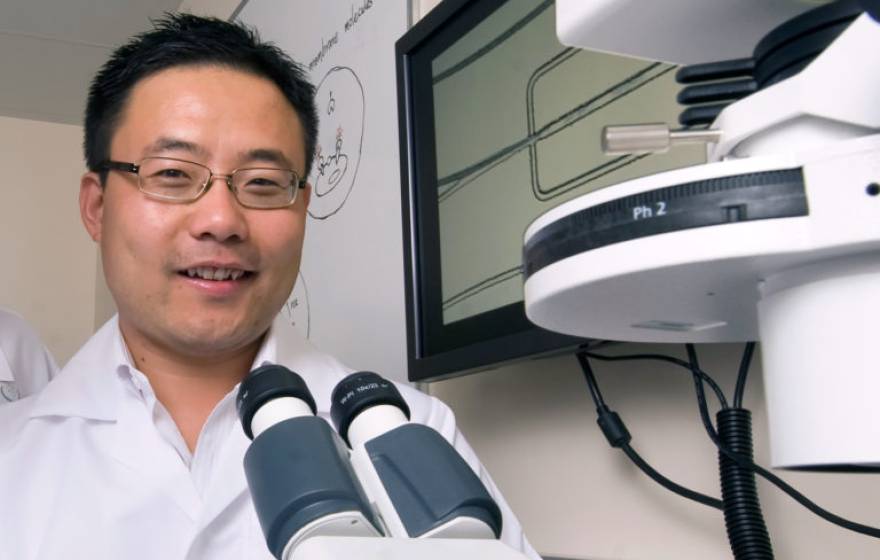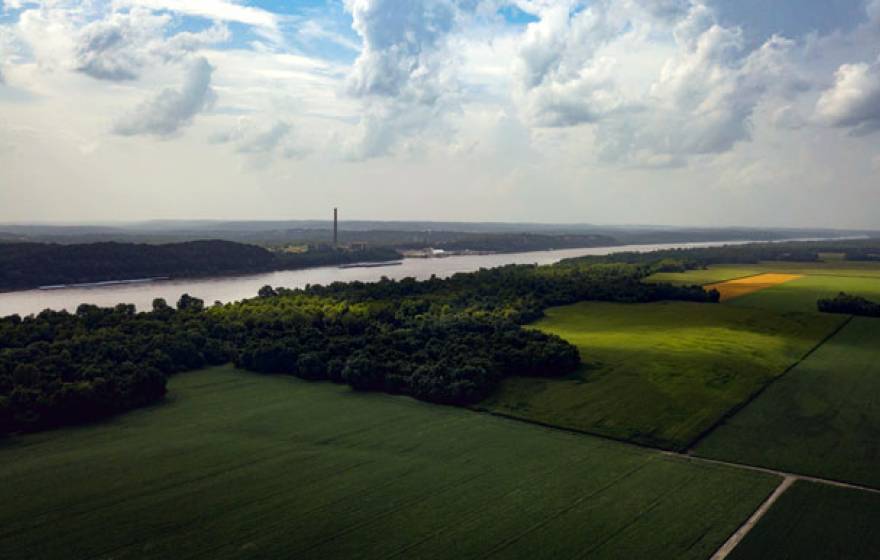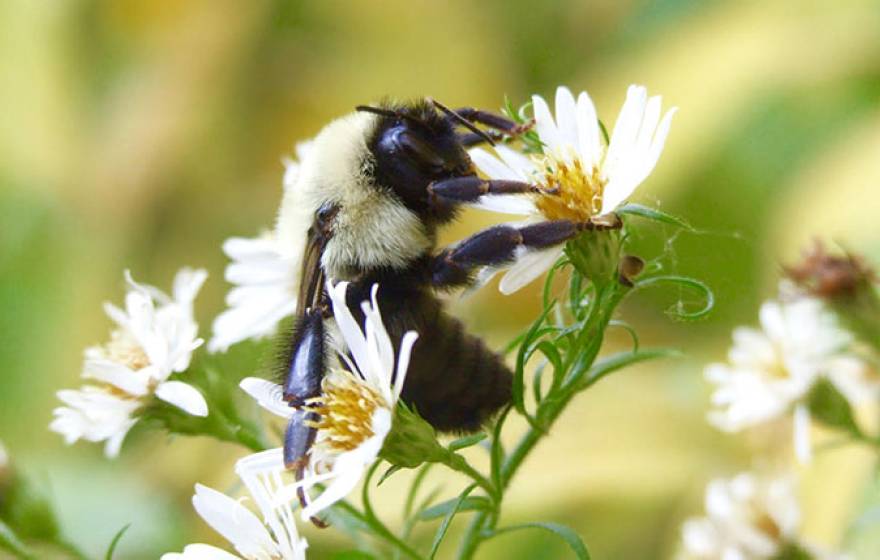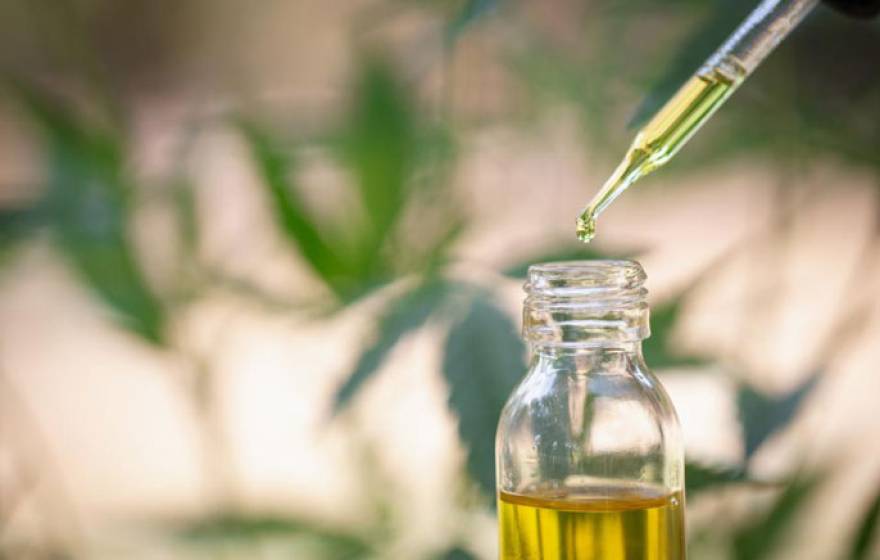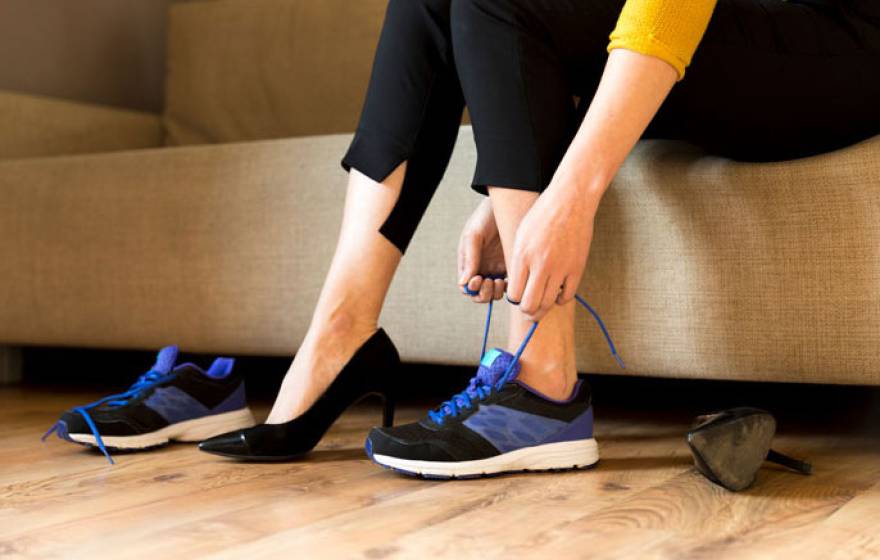A new study shows that microplastic particles are not only common, they're in the food chain.
New study finds microplastic throughout Monterey Bay
Want to meditate more effectively? Try algorithms
Digital media often seems to deplete our attention. Scientists have found a way to flip that equation.
Number of young people facing poverty has increased over last decade
An incomplete social safety net contributes to the problem, paper finds.
Midday naps increase children's happiness and IQ
Academic performance went up by as much as 7.6 points, researchers say.
The economy may be weaker than it looks
The risk of a recession is growing, according to the latest forecast from the Anderson School of Management.
Nanotechnology treatment shows promise against multiple sclerosis
A new therapy using stem cells from bone marrow has reversed MS symptoms in mice, setting the stage for human trials.
UC President Napolitano’s statement on new restrictions regarding fetal tissue research
The Trump administration dealt a blow today to scientific discovery and medical advancement. Fetal tissue research has helped find cures for millions of Americans who suffer from debilitating diseases, while improving the quality of life for others.
Small towns, big flood waters
How do you move an entire town threatened by floods?
White meat is no better for cholesterol, new study says
Researchers were surprised to find chicken is no better than beef — contrary to popular belief.
As bumblebee diets narrow, ours could too
Fewer plants cause developmental delays for the pollinators that keep our favorite foods growing.
Synthetic version of CBD treats seizures in rats
Scientists develop a cannabidiol analogue that shows promise for treating epilepsy without needing to cultivate marijuana.
Want to stand out at work? Do these things tonight.
How employees spend their leisure time predicts their feelings and behavior the next day, a new study finds.
